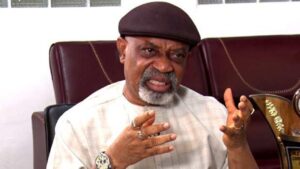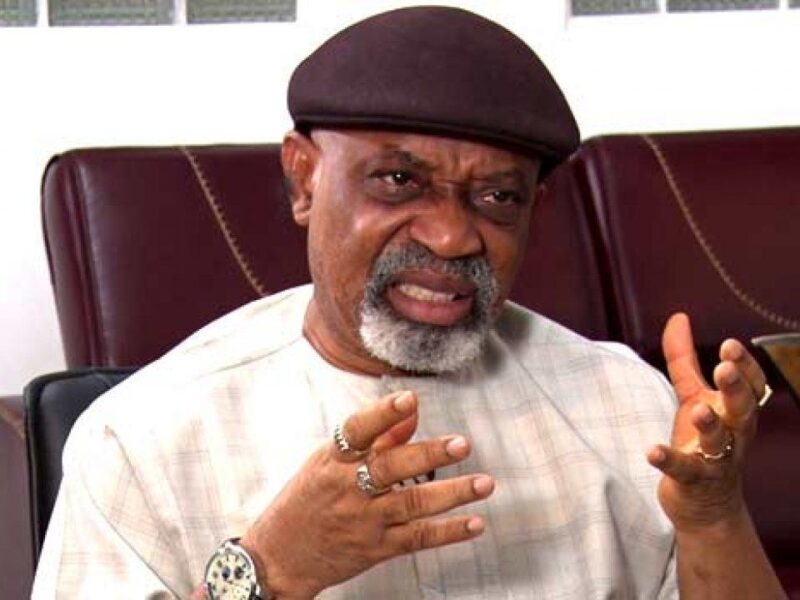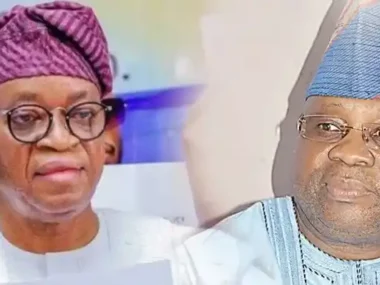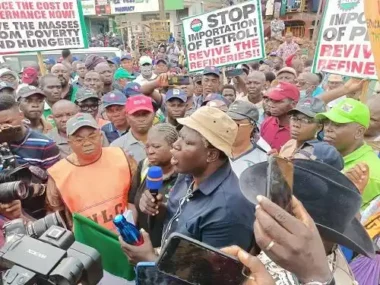The Minister of Labour and Employment, Chris Ngige, on Tuesday, claimed that the Federal Government has so far paid the Academic Staff Union of Universities (ASUU) over ₦92 billion as earned allowances and revitalisation fees to federal-owned universities across the country.
Ngige stated this while giving an update on the ongoing negotiation between FG and ASUU. Recall that ASUU on February 14 embarked on a one-month warning strike to press home their demands.The minister while speaking on the fund transfered to ASUU said it is part of the implementation of the 2020 December agreement reached with ASUU.
Asuu Strike: We Have Paid ASUU ₦92b Says Ngige

He said, “Why I said that the 2020 December agreement we had with ASUU is on course in terms of implementation. There is a line that says the federal government should pay N40 billion for (Earned Academic Allowances (EAA) for ASUU and other unions, that has been paid.“N30 billion was also budgeted or was to be paid for revitalization that also was paid late last year. N22.127 billion was agreed also upon in that December agreement, to be paid from the supplementary budget as Earned Allowances for 2021, that money was also paid last year.“It was put in the supplementary budget which was passed around June-July and the money was remitted.
So, the government has done that.”The minister further stated that the issue of University Transparency and Accountability Solution payment platform and the government’s Integrated Payroll and Personnel Information System would be revisited.Ngige said, “UTAS, which the universities developed has been subjected to test by the body responsible for that, Nigeria Information Technology Development Agency (NITDA), which ran a user acceptance test also called integrity and vulnerability test, but in their report, they pointed out to ASUU, the areas of lapses in that platform, which will not make it usable as presently configured.But ASUU has written back to NITDA to say that some of those observations were not correct.”







3 comments
So they will call of the strike anytime soon ??